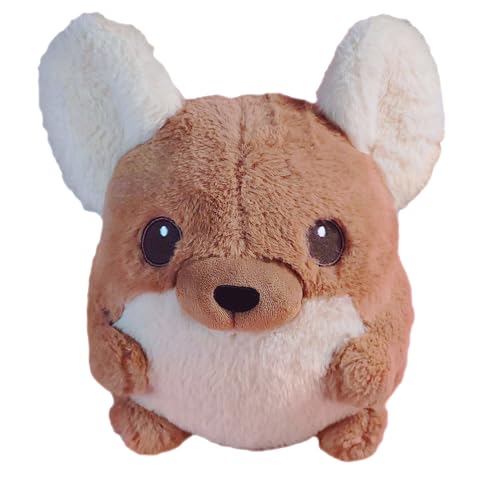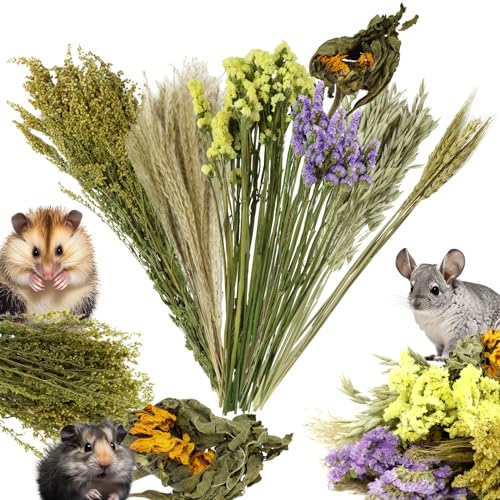Danderson
Well-known member
I have been breeding for many years but am very small so I definetely do not
always have a foster mom available which would be my preferance. I have hand fed
quite a few times and absolutely dread doing it. I am not real happy with my success rate and go into a depression every time I am not able to save one by hand feeding...
I always say I am going to let nature take its course next time but when that time
actually comes there is no way I can just watch them go hungry so of course I step
in and try to save them....I feel it is my responsibility which many times turns into heartbreak!
always have a foster mom available which would be my preferance. I have hand fed
quite a few times and absolutely dread doing it. I am not real happy with my success rate and go into a depression every time I am not able to save one by hand feeding...
I always say I am going to let nature take its course next time but when that time
actually comes there is no way I can just watch them go hungry so of course I step
in and try to save them....I feel it is my responsibility which many times turns into heartbreak!





















































